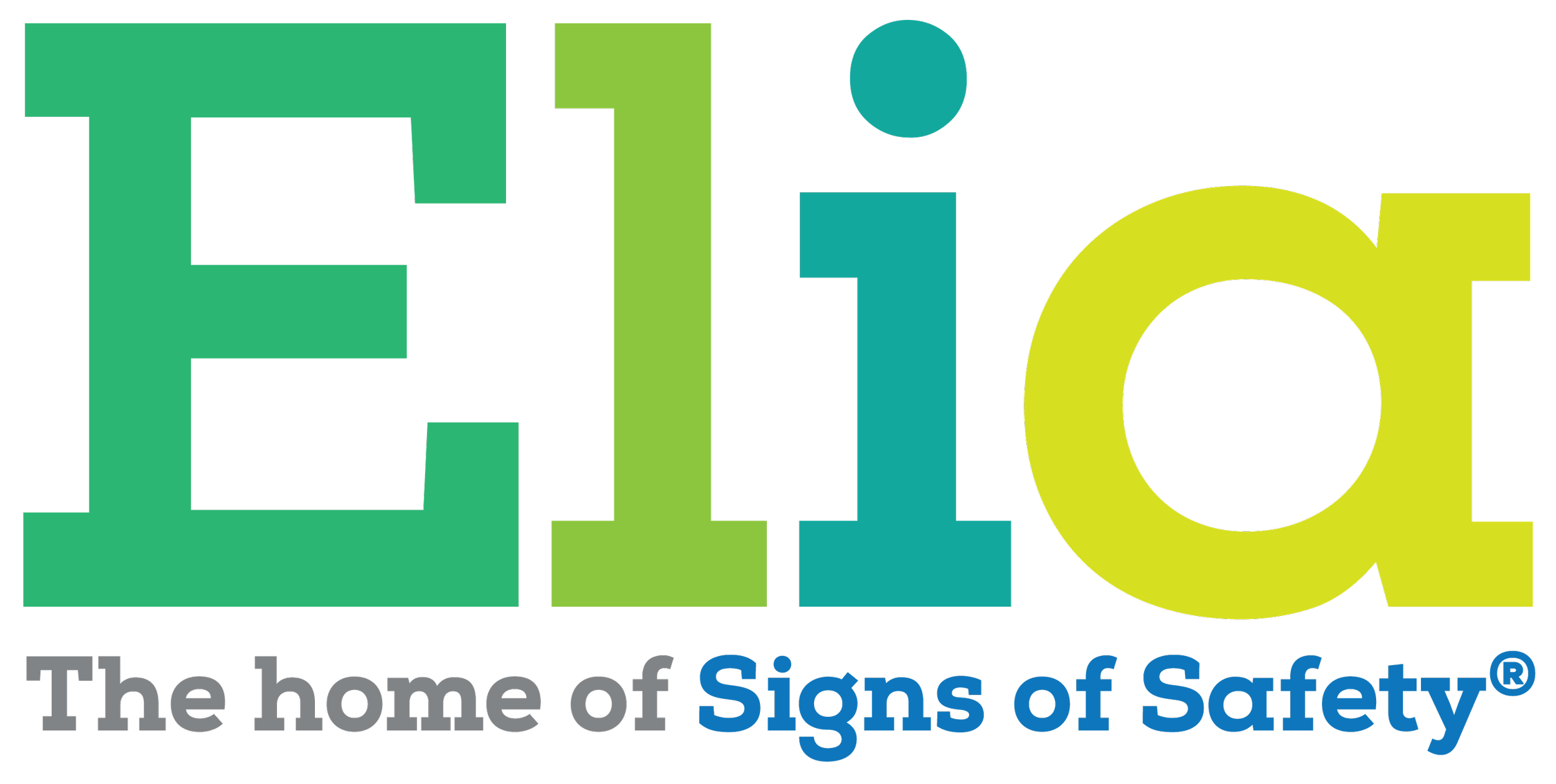Our Mission
Elia equips organisations and communities entrusted with the care of vulnerable children, in any culture or country, to do everything possible to place the responsibility for the child's safety and healing with the parents, children and everyone naturally connected to the family.
Wherever possible, Elia supports organisations and communities working with other vulnerable people to use our approaches to enable their work to be more participatory.
